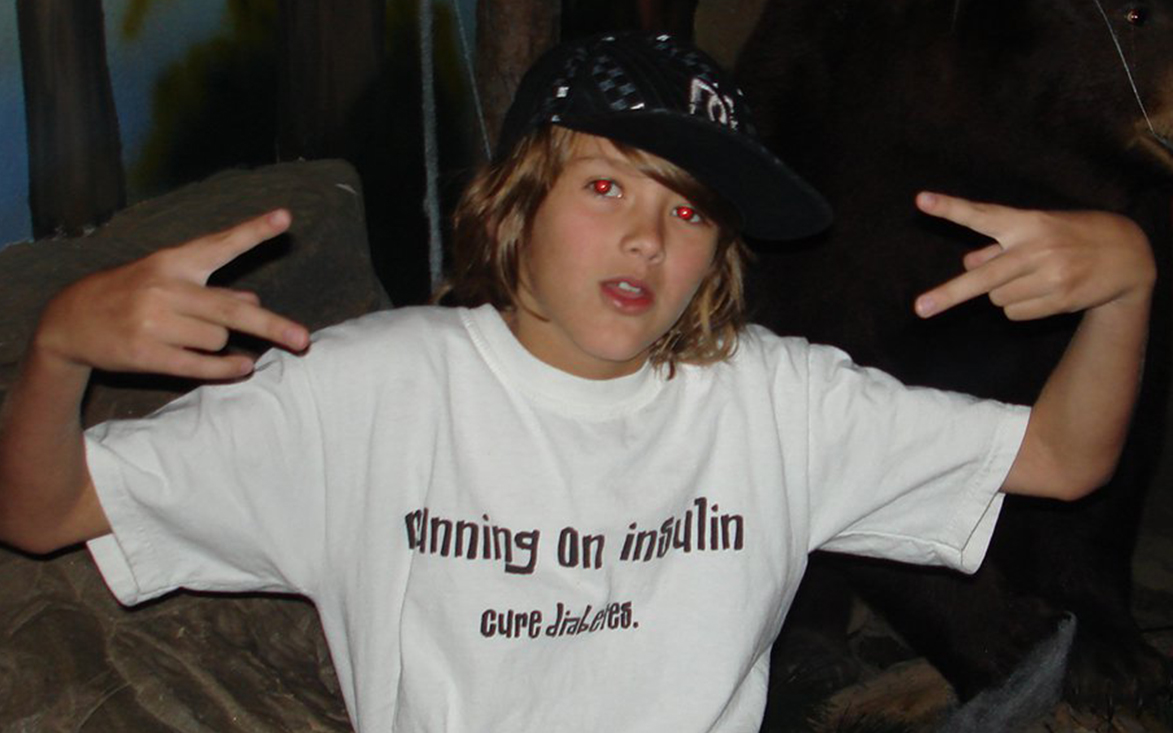
This content originally appeared on Beyond Type 1. Republished with permission.
By Makaila Heifner
If you ask us, Michelle Bauer is about as badass as you can get. An Iron Man competitor, a newly published author, and one of the biggest hearts in the diabetes community, she’s the definition of a game-changer. Michelle recently sat down with Beyond Type 1 to talk more about her journey through grief after losing her son, Jesse, her work thereafter to create the support hub for T1D loss, Jesse Was Here, and what’s on the horizon now that she’s published her book.
Beyond Type 1: What were you doing before you got into diabetes professionally + how did you come to get so involved in the community?
Michelle Bauer: I started my own at-home business, doing medical billing for mental health clinics. I had no interest in diabetes, even though I grew up with five aunts and uncles that grew up with type 1 diabetes. It didn’t really resonate with me until Jesse, my son, was diagnosed when he was three years old on March 3rd, 2000.
I pretty much dropped everything to volunteer for JDRF. Doing the JDRF Ride to Cure became something I was really interested in, and I became an Executive Director for them. From there, I did Ironman Wisconsin and got interested in trying to find people with type 1 diabetes who wanted to do Ironman. I filmed and produced a documentary in 2008 about 12 people with diabetes doing Ironman, called “Triabetes.” Back then, nobody was doing that.
From there, I was doing the Riding On Insulin snowboard camp for kids with type 1 diabetes. And once Jesse passed away, I dropped everything even more, and then became a director for Riding On Insulin and helped develop camps all over the world for kids to snowboard and mountain bike.
Today, I work full-time at Diabetes Daily, as their Sales Director.
BT1: What was it like when Jesse was diagnosed? Did you have any prior knowledge about type 1?
MB: I had a knowledge of it, but my knowledge was basically based in the 1970s and ’80s. I’m kind of wowed by it and I look back at my grandmother, who had multiple kids with diabetes so long ago when there wasn’t even blood glucose testing. They were peeing in vials that would change color and they had one kind of insulin.
I was very familiar with it, but they were all so independent. Everybody ran high because you didn’t know what your blood sugar was at any given point in the day, so there weren’t a lot of low blood sugars. It was a lot of high blood sugar and complications. When Jesse was diagnosed, I didn’t know as much as I should have, but it was different. The insulin pump was a new thing, and it was hard to get him on it when he was five. I had to fight to get him on a Medtronic pump. Continuous Glucose Monitors (CGM) just weren’t a thing yet; it was just a lot of finger pokes, and regular and NPH insulin back then.
Can you talk about what losing Jesse was like?
Take it back to 2010: I was very active in the diabetes community, and back then, nobody talked about people passing away from type 1 diabetes. Our diabetes educators never really talked about it being a possibility. All I ever heard was, “Oh, they’re fine. They’re going to live a healthy life. Don’t even worry about it.”
When he passed away, it was very sudden and unexpected. I was known enough in the diabetes community, from the documentary, that people knew who I was, so it put everyone in kind of a panic. That if this could happen to my family, it could happen to theirs. In the early days, the panic went the wrong way. People didn’t want me talking about it, they thought I was scaring the newly diagnosed families, and it wasn’t a very well-received conversation.
When I lost him, there was this feeling of dread – I thought I was going to lose my community. I’d spent so much time working in diabetes and all my friends either had type 1 diabetes or their kids had type 1 diabetes. I was thinking, “Well, who’s going to want to hang out with a mom who lost their kid to a disease their kids have?”
What happened was actually the exact opposite. My friends really rallied around me. They wanted me at events. They wanted me to talk about Jesse. I felt that the piece that was missing for me was wanting to know other people who were going through what I was going through. I started reaching out to other people and talked more and more about my loss, and slowly but surely, started the Jesse Was Here network. I just found it was really cathartic to talk to these other people who understood, who’d been in my shoes, and could relate to my pain.
Is it hard to be constantly reminded of Jesse through the work you do + how you cope when those feelings come up?
What I’ve learned over the ten years is that everybody grieves differently. My way of coping was to talk about him constantly. I found the more I talked about him and being involved with other people, I felt like he was living on in my life. People just want to feel like their loved one is still part of their lives and people don’t forget them.
It was very cathartic. When I look back, I went from coping to healing without even realizing it. Because I was coping every time a new mom called me that had lost their child and I would sob. I would stand in their shoes, I would feel the pain all over again. Now, it’s more of helping and healing. I don’t have to go back to that day every time I talk to somebody who’s lost, because now part of my healing is helping other people. But there are always days where I see a little boy who looks like Jesse or the smell of insulin sometimes gets me.
What are other ways you’ve commemorated Jesse’s memory?
Just weeks after he passed, I got an essay by him in the mail from a teacher. I was feeling really distraught, feeling sorry for myself, and trying to figure out what my path was going to be outside of diabetes because diabetes was no longer in my life. The essay could have been about anything he wanted, and it was just called, “My Mom is Courageous.” He had detailed everything that I had ever done for him in diabetes. He had detailed all of these things that he was proud of, like Ride to Cure Diabetes and Ironman. I knew, right then and there, I would continue on the Ironman route. I created the Riding On Insulin Endurance Team, where there were 63 of us who did Ironman Wisconsin. 36 of our teammates had type 1, which was probably one of my coolest moments.
Every year since he’s been gone, we have a rock concert called Jessepalooza, where we get local bands together and do auctions. It’s really an excuse to get together, to celebrate him. He played guitar and he played drums. We do that every summer, and we’ve had ten of those.
I was very involved in the JDRF Ride to Cure Diabetes when Jesse was alive. The year he passed away, I decided to go back to Death Valley, California and ride in his memory. The JDRF Ride Director, Allie, and the coaches at the time knew me very well, and they advised me that mile 23 was going to be a mile of silence from then on, in memory of Jesse; they came up with 23 because he died on February 3rd. And so Mile 23 has morphed into this amazing thing, where at the beginning of the weekend they talk about how there are 99 miles, to celebrate all that we’ve done towards a cure for type 1 diabetes, but there’s one mile to remember those we’ve lost. It’s meaningful to way more people than just my family; it’s in memory of everyone.
Talk to me about the book…
I have to pinch myself that it’s a real, tangible thing. About a month after Jesse passed away, I started writing. I felt like, “Well, maybe I’ll write down how I feel, for the first six months and maybe my writing will help somebody else not feel alone.” The book was supposed to just chronicle the first six months, but I kept writing. At the five year mark, it was ironic, because I was looking back, saying, “Wow. How I feel changed. I need to write about that.” At the ten-year mark, I thought, “Even more so.” I started to find joy in my life.
There’s a lot of satisfaction knowing that people have gotten their hands on my book and it’s helped them. There was a point where I was wondering if it would ever get published. But I was giving this draft copy to people as they were losing children and I knew it was helping them.
Then, a friend of mine who I kind of lost contact with saw me post on Facebook, and, when he realized who I was, told me he’d started a publishing company and that we should talk. That was in February, and by April 23rd, he had launched it. Since then, it’s been number one on Amazon in a couple of categories. We’ve sold a lot of copies, and what I love most about it is not only are people who have type 1 reading it, but a lot of first responders in the country are reading it. In Wisconsin, it kind of went out to all of the Wisconsin police as a resource for them. That’s one of the most rewarding parts, that it’s helping those beyond the diabetes community.
What are you hoping that people get out of your book + what have you learned about yourself through the grieving process?
I hope that it helps people who are grieving a recent loss to have hope that they can find joy again; that they’ll be allowed to push a little bit of the guilt aside, and that they feel their loss, but allow themselves to find happiness again, because that is what the people who are gone would want.
I’ve learned you’re not the only person going through something. You can’t just walk through Target and think that the grandma ahead of you is just living life with a grandchild on her hip. A lot of people have lost something big in their life. I’ve become a little bit more compassionate with other people, their losses, and their grief.
What’s next for you + Jesse was here?
We’re really hoping, through the Jesse Was Here program, to reach more siblings, and get them talking to one another. We do a really good job with parents, but we haven’t really done a great job with siblings. I’m also hopeful to re-engage public speaking in the T1D community and beyond. I’ve been a keynote speaker on many occasions and hope to inspire others with a “Don’t Waste Your Pain” message of why it’s important to get involved.
Post Views: 5
Related Post
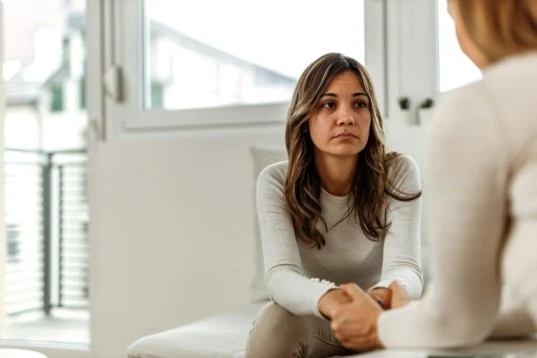 29
29 Jul
Which Symptom Indicates That Someone May Need Mental Health Treatment?
Today! In this article!, you can find the best treatment for mental health. Which symptom indicates that someone may need mental health treatment? Perceive the indications of requiring emotional well-being treatment and assume responsibility for your prosperity. Try not to hold.
Read More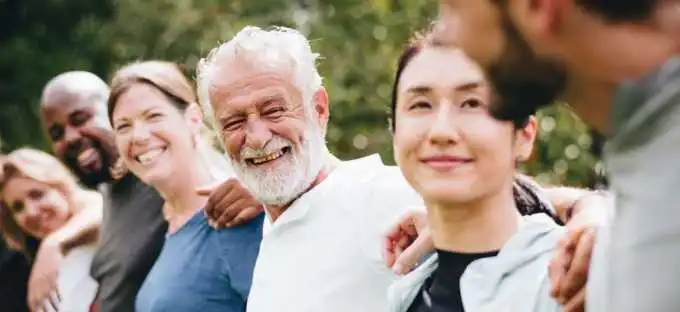 08
08 Jul
What Is Self-Management of Chronic Disease?
Diabetes, joint inflammation, hypertension, lung illness, corpulence and other persistent sicknesses can make life challenging to oversee for a great many more seasoned grown-ups, frequently compelling them to surrender their freedom. The Challenges of Chronic Disease More established grown-ups are lopsidedly impacted.
Read More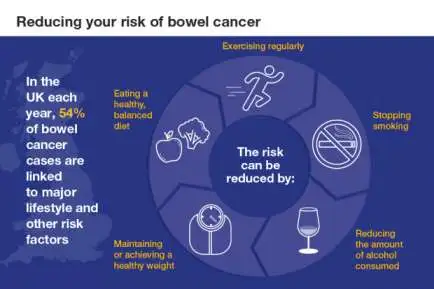 01
01 Jul
7 Lifestyle Tips to Reduce Your Cancer Risk
How in all actuality do individuals bring down the possibilities getting malignant growth? There's a lot of exhortation. Yet, on occasion, guidance from one review conflicts with the exhortation from another. Disease avoidance data keeps on creating. In any case,.
Read More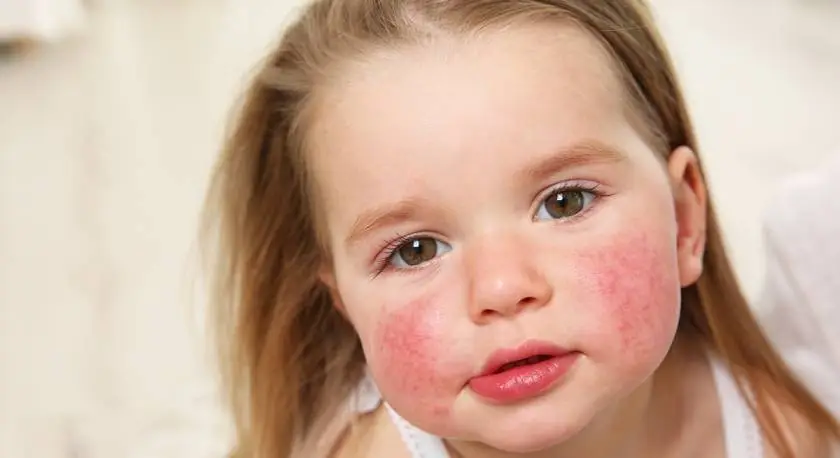 27
27 Jun
Effective Allergy Treatments for Kids: A Comprehensive Guide
Is your youngster experiencing a runny nose, sniffling, and bothersome eyes? Assist them with feeling improved with these regular sensitivity cures you can attempt at home. Does your kid have a runny nose, sniffling, and irritated eyes? They may be managing.
Read More